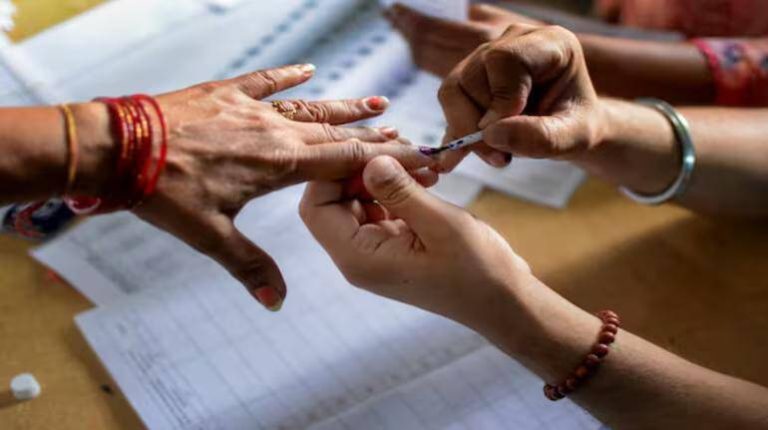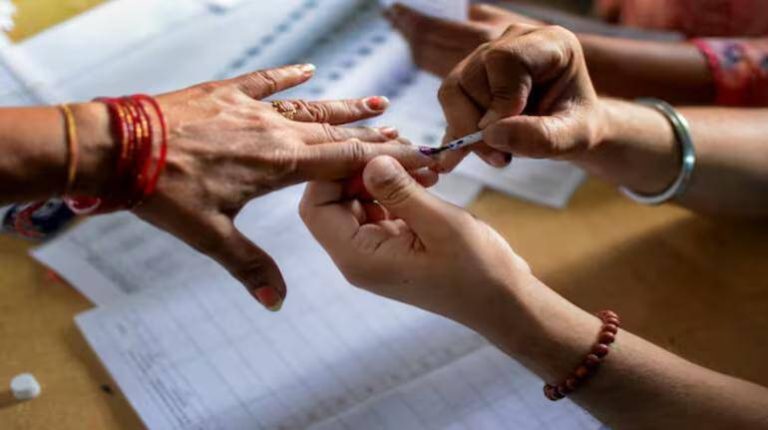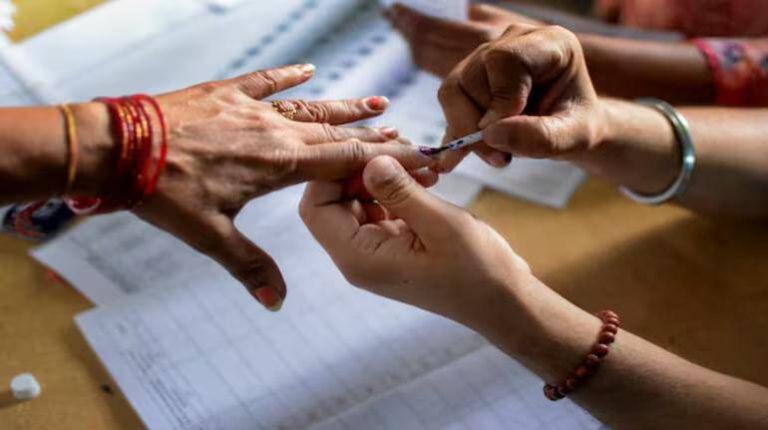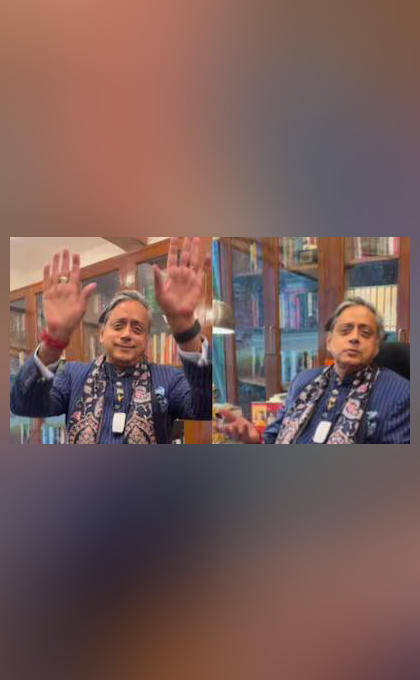
IAS officer Verma apologises for controversial remark on Brahmins
In a recent turn of events, Senior IAS officer, Santosh Verma, has found himself at the center of a controversy after making remarks that were perceived as derogatory towards the Brahmin community. The comments, which were made in a discussion about the reservation system in India, sparked outrage and led to widespread criticism of the officer. However, in a bid to mitigate the damage, Verma has now apologised for his remarks, claiming that they were misinterpreted and presented in a distorted manner.
The controversy began when Verma allegedly said, “Until a Brahmin donates his daughter to my son, reservations should continue.” These words, which were seen as a jibe at the Brahmin community, were met with fierce backlash from various sections of society. Many people took to social media to express their outrage and disappointment at the officer’s comments, with some even calling for his resignation.
However, in his apology, Verma claimed that his comments were not meant to be derogatory towards the Brahmin community. “We were sharing our views on whether reservations should be on an economic or social basis,” he explained. “My comments were misinterpreted and presented in a distorted manner.” Verma’s apology has been seen as an attempt to placate the outraged community and to prevent the controversy from escalating further.
The reservation system in India has long been a topic of debate, with some arguing that it is necessary to promote social equality and others claiming that it is unfair and inefficient. The system, which provides quotas for certain castes and communities in education and employment, has been in place for decades. However, there have been growing calls for reform, with some arguing that the system should be based on economic criteria rather than caste.
Verma’s comments, although poorly timed and poorly worded, do highlight the need for a nuanced discussion about the reservation system. While the system has helped to promote social mobility for certain communities, it has also been criticized for being inefficient and open to abuse. There are many examples of individuals from wealthy and influential families benefiting from the system, while those who are truly in need are left behind.
Furthermore, the controversy surrounding Verma’s comments also highlights the sensitive nature of caste politics in India. The country has a long and complex history of caste-based discrimination, and any comments that are perceived as derogatory towards a particular community can quickly escalate into a major controversy. This is particularly true in the case of the Brahmin community, which has historically been seen as a dominant and privileged group.
In recent years, there have been growing calls for greater representation and inclusion of marginalized communities in Indian society. The reservation system has been seen as one way of promoting this inclusion, but it is clear that more needs to be done to address the deep-seated social and economic inequalities that exist in the country.
In conclusion, the controversy surrounding Santosh Verma’s comments is a reminder of the need for sensitivity and nuance in public discourse. While the officer’s apology is a step in the right direction, it is clear that more needs to be done to address the underlying issues that led to the controversy in the first place. As India continues to grapple with the challenges of promoting social equality and inclusion, it is essential that public figures and policymakers approach these issues with sensitivity and respect.
The controversy has also sparked a wider debate about the role of public figures in promoting social cohesion and respect for different communities. As public figures, officers like Verma have a responsibility to promote inclusivity and respect for all communities, regardless of their caste or background. By apologising for his comments and acknowledging the hurt that they caused, Verma has taken an important step towards healing the wounds of the controversy.
Ultimately, the controversy surrounding Verma’s comments is a reminder of the importance of responsible and respectful public discourse. As India continues to navigate the complex challenges of promoting social equality and inclusion, it is essential that public figures and policymakers approach these issues with sensitivity, respect, and a commitment to promoting the well-being of all communities.






